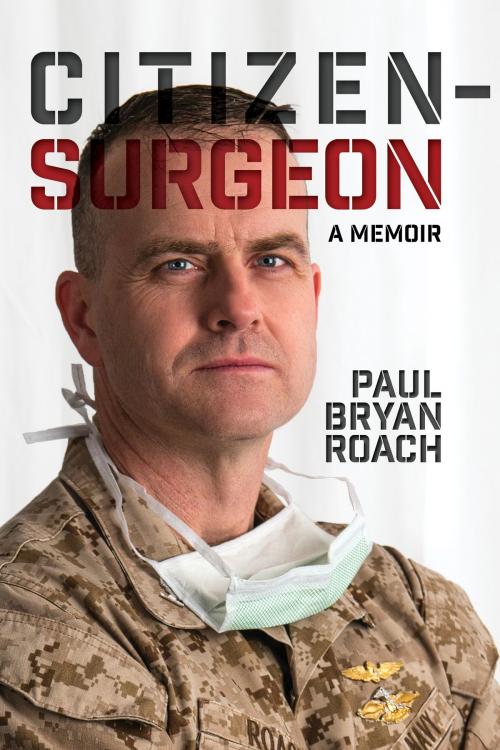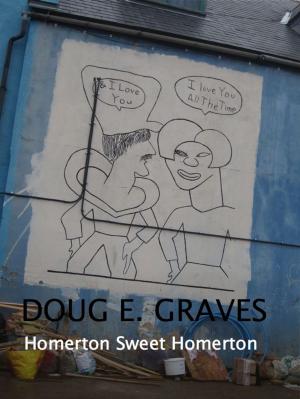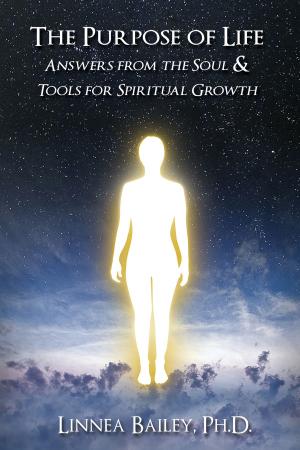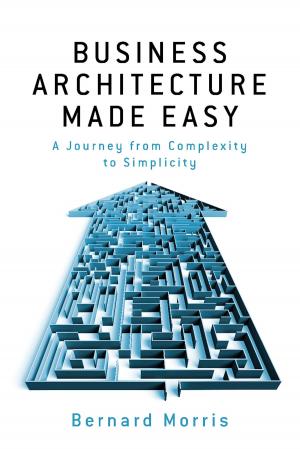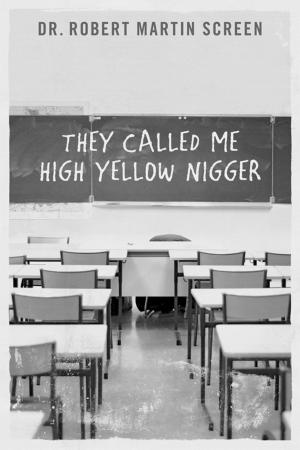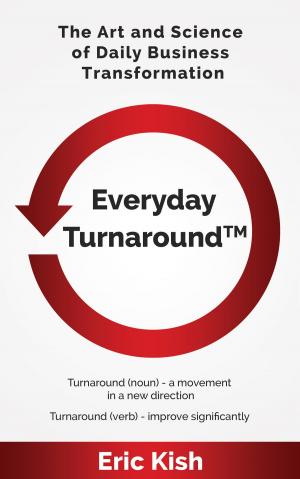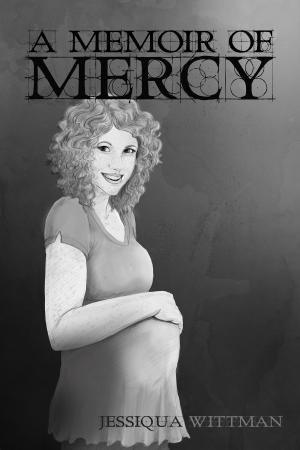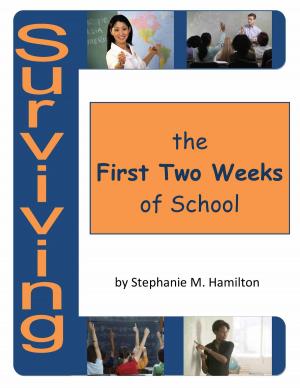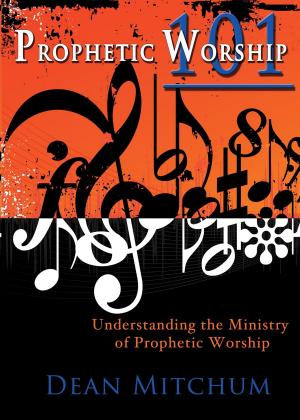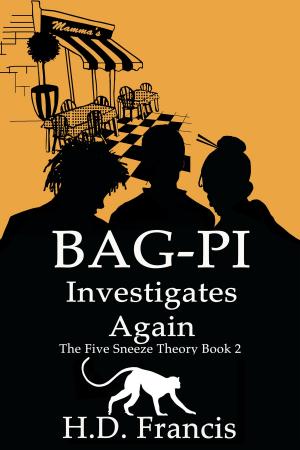| Author: | Paul Bryan Roach | ISBN: | 9780997138719 |
| Publisher: | BookBaby | Publication: | September 18, 2014 |
| Imprint: | BookBaby | Language: | English |
| Author: | Paul Bryan Roach |
| ISBN: | 9780997138719 |
| Publisher: | BookBaby |
| Publication: | September 18, 2014 |
| Imprint: | BookBaby |
| Language: | English |
Citizen-Surgeon takes readers into the otherwise inaccessible, remote, and intense world of life and surgery within a combat zone. In the backdrop of the U.S. led war in Afghanistan, amidst a defining U.S. Marine Corps' offensive to conquer the Marjah region of Helmand Province, [then] U.S. Navy Commander Paul Roach and his company-mates assemble and congeal as a medical unit in Southern California, transport from the United States to their tents in Dasht-e-Margo (the “Desert of Death”) in the south of Afghanistan, and professionally execute their role as one of the few medical and surgical companies supporting this major military offensive. In the course of the book’s events the author undergoes a transformation from being a physician in a military uniform into a military officer that happens to be a physician. The crucible effecting this change is the military offensive and his role within it. Shocking and intense, an array of critical injuries and their treatments are described in rich language that anyone, medical or non-medical alike, can absorb. Death also pervades the atmosphere; intrusive, unyielding and painful, its battlefield familiarity and personal impact is resisted, suffered, and accepted. Citizen-Surgeon is an intimate portrayal, a chronicle, a celebration of friendship, love, success, failure, contemporary war and military medicine.It is a highly-readable account of a slice of reality that few people are privileged to know. It reflects deeply upon the nature of personal choice and how that choice puts us where we are in life, even if we did not fully see in advance how the choice would change us. Citizen-Surgeon also explores a variant of post-traumatic stress particular to medical assets, and it reveal’s one man’s chess-match against it. It is a must-read for those with a specific interest in contemporary military medicine, and for those with broader, essentially human interests in individual growth, adventure, and self-actualization.
Citizen-Surgeon takes readers into the otherwise inaccessible, remote, and intense world of life and surgery within a combat zone. In the backdrop of the U.S. led war in Afghanistan, amidst a defining U.S. Marine Corps' offensive to conquer the Marjah region of Helmand Province, [then] U.S. Navy Commander Paul Roach and his company-mates assemble and congeal as a medical unit in Southern California, transport from the United States to their tents in Dasht-e-Margo (the “Desert of Death”) in the south of Afghanistan, and professionally execute their role as one of the few medical and surgical companies supporting this major military offensive. In the course of the book’s events the author undergoes a transformation from being a physician in a military uniform into a military officer that happens to be a physician. The crucible effecting this change is the military offensive and his role within it. Shocking and intense, an array of critical injuries and their treatments are described in rich language that anyone, medical or non-medical alike, can absorb. Death also pervades the atmosphere; intrusive, unyielding and painful, its battlefield familiarity and personal impact is resisted, suffered, and accepted. Citizen-Surgeon is an intimate portrayal, a chronicle, a celebration of friendship, love, success, failure, contemporary war and military medicine.It is a highly-readable account of a slice of reality that few people are privileged to know. It reflects deeply upon the nature of personal choice and how that choice puts us where we are in life, even if we did not fully see in advance how the choice would change us. Citizen-Surgeon also explores a variant of post-traumatic stress particular to medical assets, and it reveal’s one man’s chess-match against it. It is a must-read for those with a specific interest in contemporary military medicine, and for those with broader, essentially human interests in individual growth, adventure, and self-actualization.
